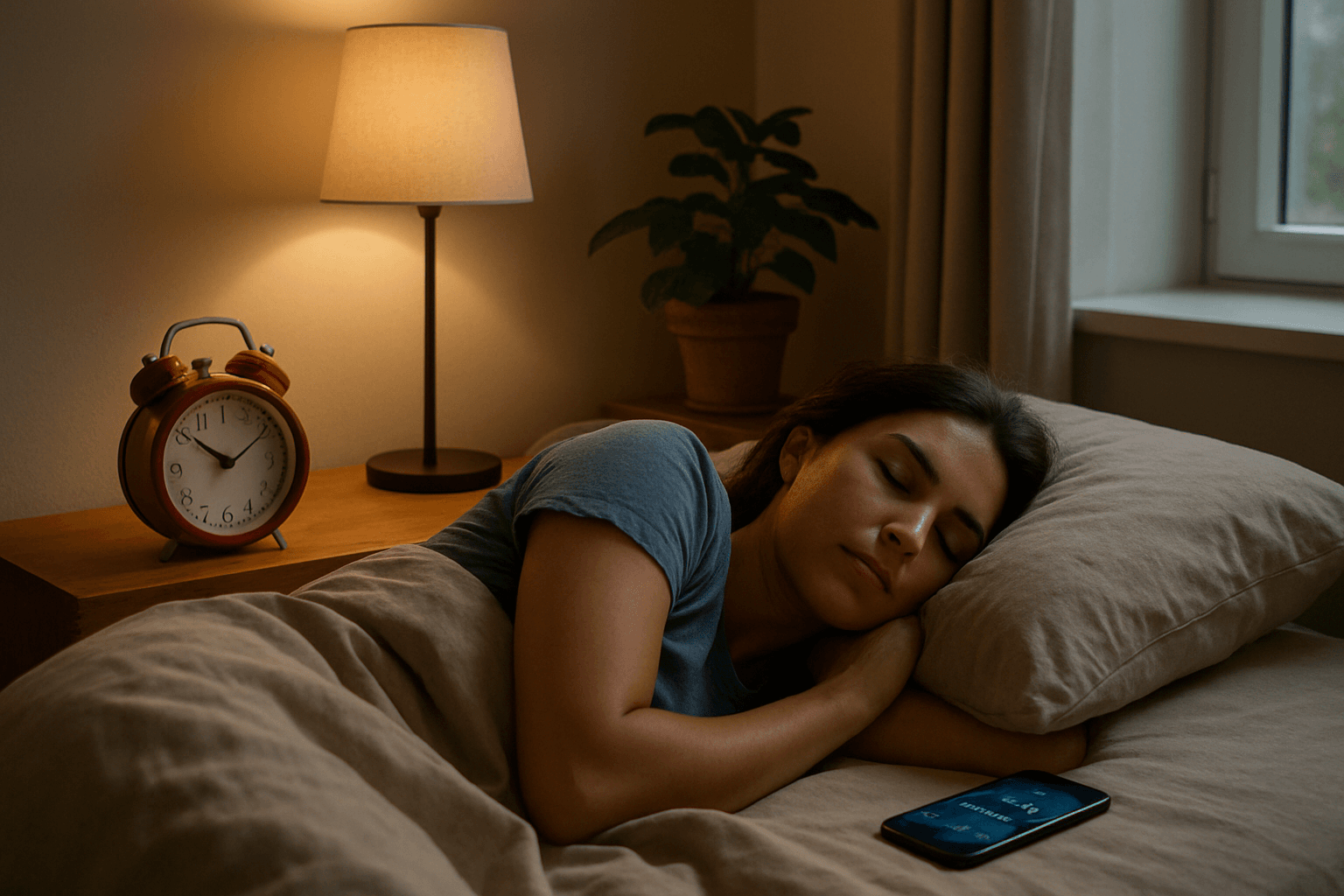Poor sleep affects mood, cognition and long-term health. This article outlines simple, evidence-based changes you can make to your daily routine and environment to improve sleep quality.
A concise guide to sleep hygiene covering routines, environment, technology use, diet, and when to seek professional help, with links to authoritative sources.
Establish a Consistent Sleep Schedule
Go to bed and wake up at the same times every day, even on weekends. Regular sleep timing stabilizes your circadian rhythm and improves sleep quality. Aim for 7–9 hours per night for most adults.
Create a Bedtime Routine
Develop a 30–60 minute pre-sleep routine that signals your body it's time to wind down: dim lights, read a book, practice relaxation techniques such as deep breathing or progressive muscle relaxation, and avoid stimulating activities.
Optimize Your Sleep Environment
Keep your bedroom cool, dark, and quiet. Use blackout curtains, reduce noise with earplugs or white noise, and choose a comfortable mattress and pillows. Reserve the bed for sleep and intimacy to strengthen the mental association between bed and sleep.
Limit Light and Screen Exposure
Exposure to bright and blue light in the evening suppresses melatonin and delays sleep onset. Dim lights after sunset, use night mode on devices, and avoid screens for at least 30–60 minutes before bed whenever possible.
Watch Caffeine, Alcohol, and Late Meals
Avoid caffeine in the late afternoon and evening; its effects can persist for hours. While alcohol may help you fall asleep, it fragments sleep later in the night. Heavy meals close to bedtime can cause discomfort — opt for light, sleep-friendly snacks if needed.
Use Naps Strategically
Short naps (10–20 minutes) can boost alertness without significantly affecting nighttime sleep. Avoid long or late-afternoon naps if you have trouble falling asleep at night.
When to Seek Professional Help
If insomnia, excessive daytime sleepiness, or suspected sleep disorders (like sleep apnea or restless legs) persist despite good sleep habits, consult a healthcare professional or a sleep specialist for evaluation and treatment.
